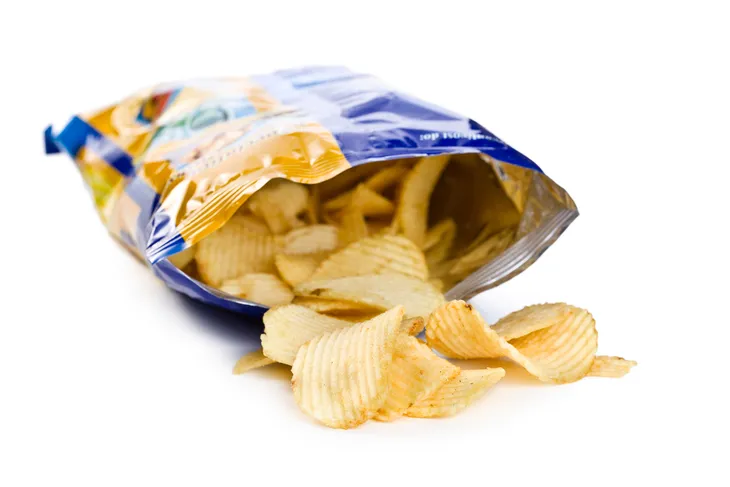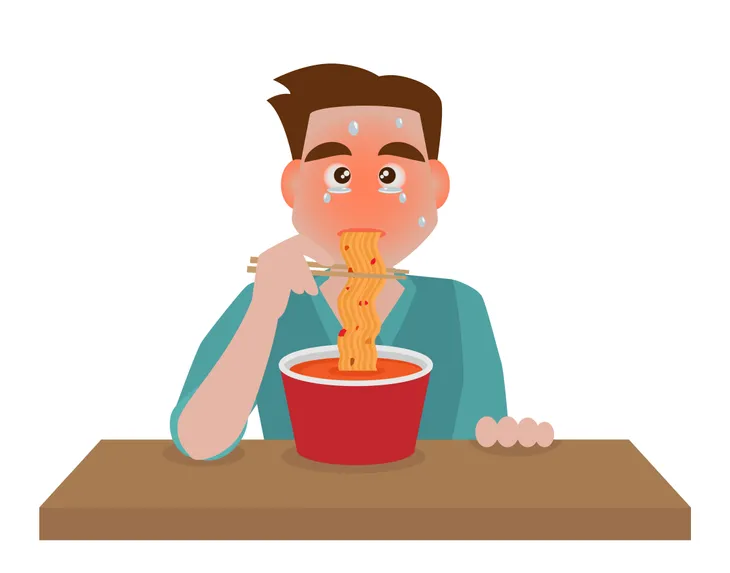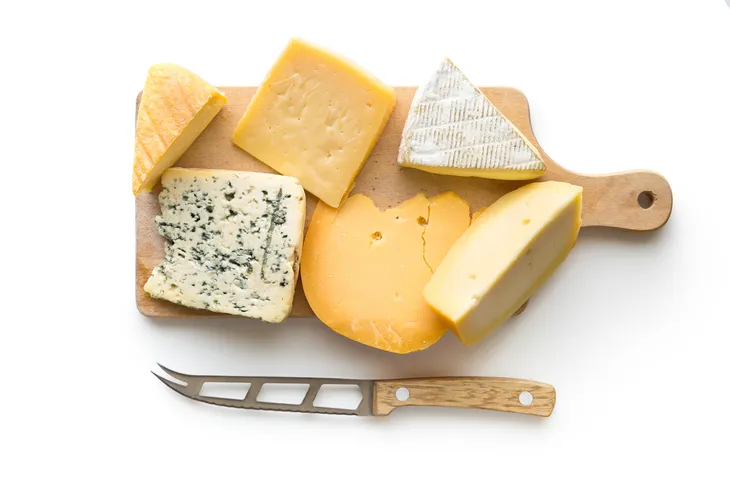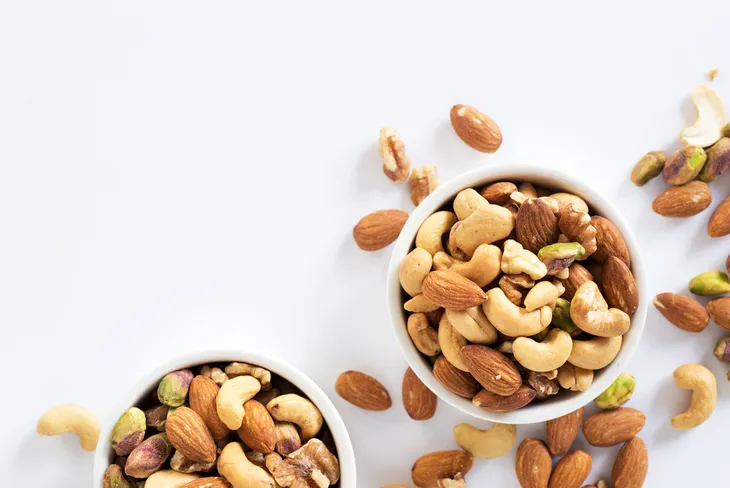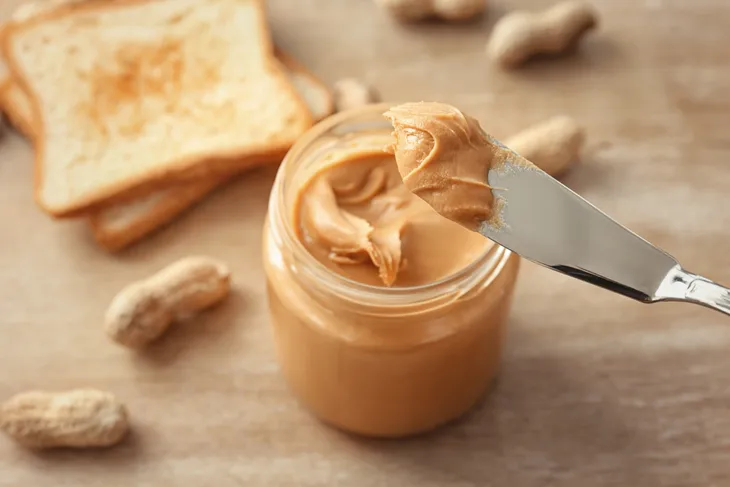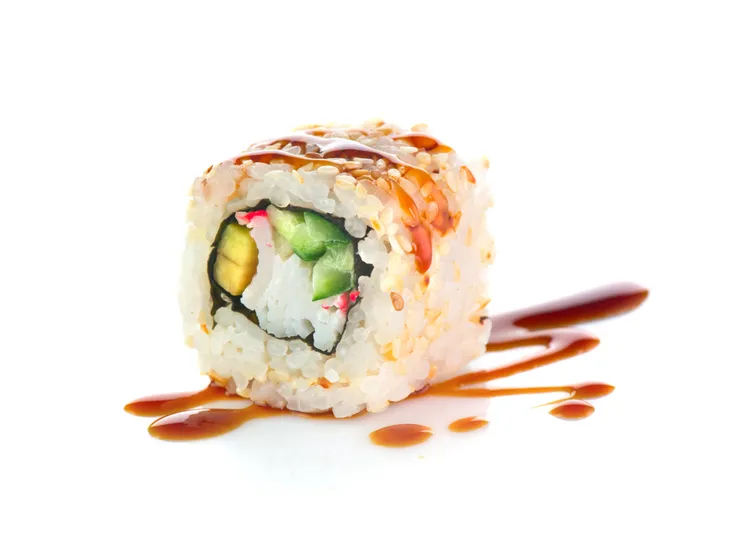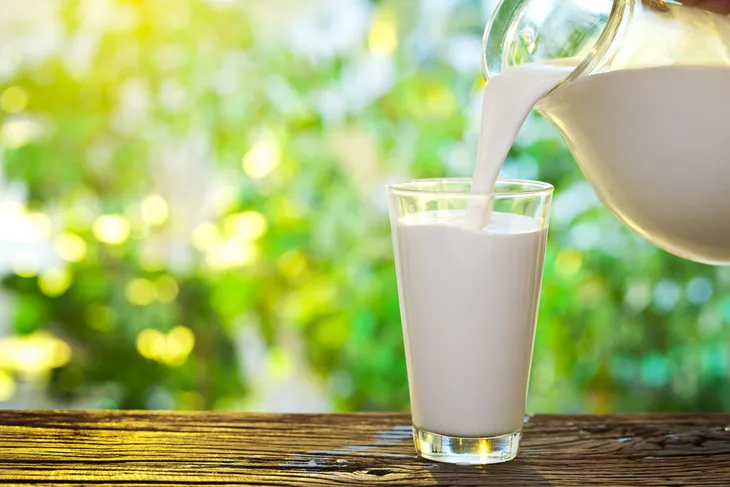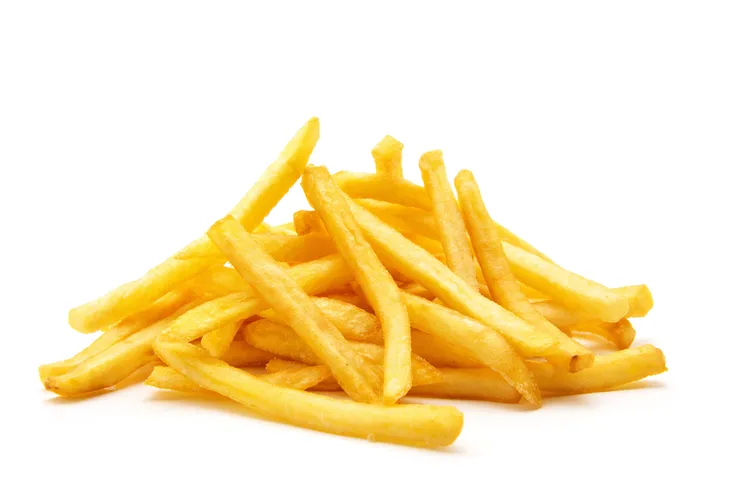An acne breakout is every teenager’s worst nightmare. The last thing you want before a weekend get-together with your friends is a face full of pimples. Don’t worry, we’re here to help. A ton of research has been done on what exactly causes acne but the findings are somewhat unclear. The consensus seems to be that there are no common foods that have the same effect on every person. For example, chocolate may cause breakouts in one person but cheese may spark acne in another. While each person responds differently to certain types of foods, there are specific foods that are known to spark a reaction.
Below is a list of trigger foods for acne. If you’re experiencing breakouts, try eliminating one or two foods at a time (eliminate dairy for one week, greasy foods the next etc) to see if removing these foods helps to keep your skin clear. If you want to make sure you don’t breakout, avoid all of these foods altogether as much as possible. Here are 10 trigger foods for acne…
Want diet & nutrition content delivered straight to your inbox? Sign up for our exclusive diet & nutrition newsletter!
Chocolate
While chocolate is often blamed for causing breakouts, Los Angeles, California based dermatologist, Dr. Ava Shamban says that chocolate won’t literally cause a break out. “[Actually] there’s little evidence that chocolate or any specific fatty foods will cause acne.” However, Dr. Shamban does note that, ” [Studies show that a] high-sugar/high-fat diet can increase sebum production and promote inflammatory responses in the body…which can lead to acne.”
This means that even though evidence is inconclusive that a diet high in sugars and fatty foods causes acne breakouts, there is a correlation between overindulging in sugary foods and the fact that those individuals tend to have more acne breakouts compared with people who eat a diet high in other types of fresh foods (i.e., fresh fruits and vegetables).
Spicy Foods
Many blame spicy foods (or spice-filled foods, particularly those with red chilies and other hot spices) for acne breakouts. In fact, a 2006 Jordanian study that was published in the Eastern Mediterranean Health Journal, showed that acne patients tend to link spices to worsening of acne and breakouts.
However, the evidence is still rather inconclusive, and well-controlled studies between diet and acne aren’t prevalent enough to point to spicy foods as a direct acne cause. In fact, most doctors and dermatologists state that its’ more common for factors like cosmetics, fluctuating hormones (i.e., during pre menstruation) and family history of acne to lead to frequent breakouts and severe cases of acne.
Cheese
A body of research has also found a link between cheese (or dairy) and acne breakouts. According to research from the book The Clear Skin Diet, certain foods trigger your body to make a burst of certain hormones, which help your cells absorb sugar. If throughout the day you’re pushing your blood sugar up high and fast [by eating a lot of sugary foods], you’re going to increase the hormones circulating in your bloodstream.
In fact, a 2007 study published by the American Academy of Dermatology, backs this link between dairy and acne. The study monitored 43 young men (many teens) with acne over a 3-month period. Researchers discovered that those men who consumed a low glycemic diet (measuring blood sugars regularly).
Nuts
Although nuts are often pointed at as an acne-triggering food, the verdict is still out on the link between eating nuts and experiencing an acne breakout. In fact most scientific research reveals the link between nuts and acne is still quite unknown.
A collection of studies from the American Academy of Dermatology, which was published in the Journal of the American Medical Association, found that diet is not a direct contributor to acne. It does, however, claim that consumption of a high-glycemic diet can contribute to acne breakouts, whereas, science attests that a low-glycemic diet (i.e., high in lean proteins, fresh fruits and vegetables) seem to promote clean, healthy skin with fewer breakouts.
Peanut Butter
The research as to whether certain foods cause acne is still largely inconsistent, meaning there is no direct connection between particular foods (i.e., like peanut butter) and the direct result of acne outbreaks. However, that doesn’t stop some acne sufferers from eliminating certain foods from their diets that they believe cause them to breakout.
In fact, when a group of researchers from Melbourne University, too to the campus to interview a group of final year medical students on their beliefs that certain foods cause breakouts, they found that 41-percent believed that diet was directly linked to acne symptoms and frequency of breakouts. The overall belief was that an unhealthy diet creates hormonal imbalances that trigger acne breakouts.
Sushi
We’ve already established that a high glycemic can contribute to the severity and frequency of acne breakouts. This is because science tells us that high levels of this hormone encourage an inflammatory response, in turn triggering the release of acne-promoting hormones.
A scientific review published in the journal, Comparative Biochemistry and Physiology, took that one step further by pinpointing a food considered high glycemic (i.e., rice) and pointing out that eating a lot of rice in your diet can cause acne. The glycemic index of sushi rice (or white rice) is rather high. For instance, a 1/2 cup serving of cooked white rice has a glycemic index rating of 17 (20 and above is considered a high glycemic food.
Milk
Similarly to cheese, milk is considered a culprit for acne, even though there isn’t a lot of evidence to prove that milk is a direct breakout cause. However, that doesn’t stop acne sufferers from eliminating certain food groups in order to try to avoid the severity and frequency of acne outbursts. Multiple scientific studies claim that highly glycemic foods trigger acne.
According to a 2007 study published by the American Academy of Dermatology, those who consume a low glycemic diet (full of fresh fruits and vegetables, and lean proteins have less instance of skin breakouts and severity of acne is lessened greatly. The study monitored a group of 43 young men and male teens over a 3 month timeframe.
Pizza
Pizza face is the unfortunate and cruel nickname for many acne sufferers. Although pimples have no direct correlation to pimples, there exists evidence that acne can from due to hormonal response. This occurs when oils, cells, and debris block the sebaceous glands (which is linked to the skin), clogging soft and healthy pores and causing inflammation and the inevitable pimple.
A review of studies linking diet and acne by Dermatologist William Danby, between 1973 and 1980 found that diet plays an important role in skin health and clarity. In fact, acne is believed to be triggered by diets high in dairy. One easy way to find out if dairy is an acne trigger for you, is to swear off milk, cheese, pizza, and other dairy products for a 6-month stretch to see if the severity or frequency of your acne improves.
French Fries
Have you ever wondered how the fatty foods you put in your mouth reemerge on your skin? With foods high in fat, like French fries, the blame is typically placed directly on diet when you eat a fatty, greasy, deep fried plate of fries–you shouldn’t be surprised to end up with a face full of pimples the next day.
Pimples aren’t a direct response to the foods we eat. However, when you eat those French fries, consumed food travels through the digestive system, where it’s broken down into vitamins and nutrients that can be easily absorbed by the body and utilized for energy. However, those foods can trigger a hormonal response, which is what causes acne. For instance, pimples appear when skin and the connective sebaceous glands become clogged (with excess debris, oil, and cells) leaving the area prone to bacteria and yeast, which inflame the pore and cause an embarrassing pimple.
Potato Chips
According to studies by the Mayo Clinic, certain hormones, as well as foods that cause a hormonal response, can trigger breakouts. For instance, androgen hormones that spike in both male and female teens in puberty, can cause sebaceous glands to enlarge, produce excess oils, which in turn clog the pores and turn into pimples. However, other hormonal factors–including diet, the use of oral contraceptives, and pregnancy can also worsen the frequency and severity of acne.
Diet affects acne when the foods you eat (mainly foods high in dairy and carbohydrates) cause a change in hormone levels. That is why high glycemic foods—carbohydrates like crackers, bread, and chips—can spur a face full of acne.
